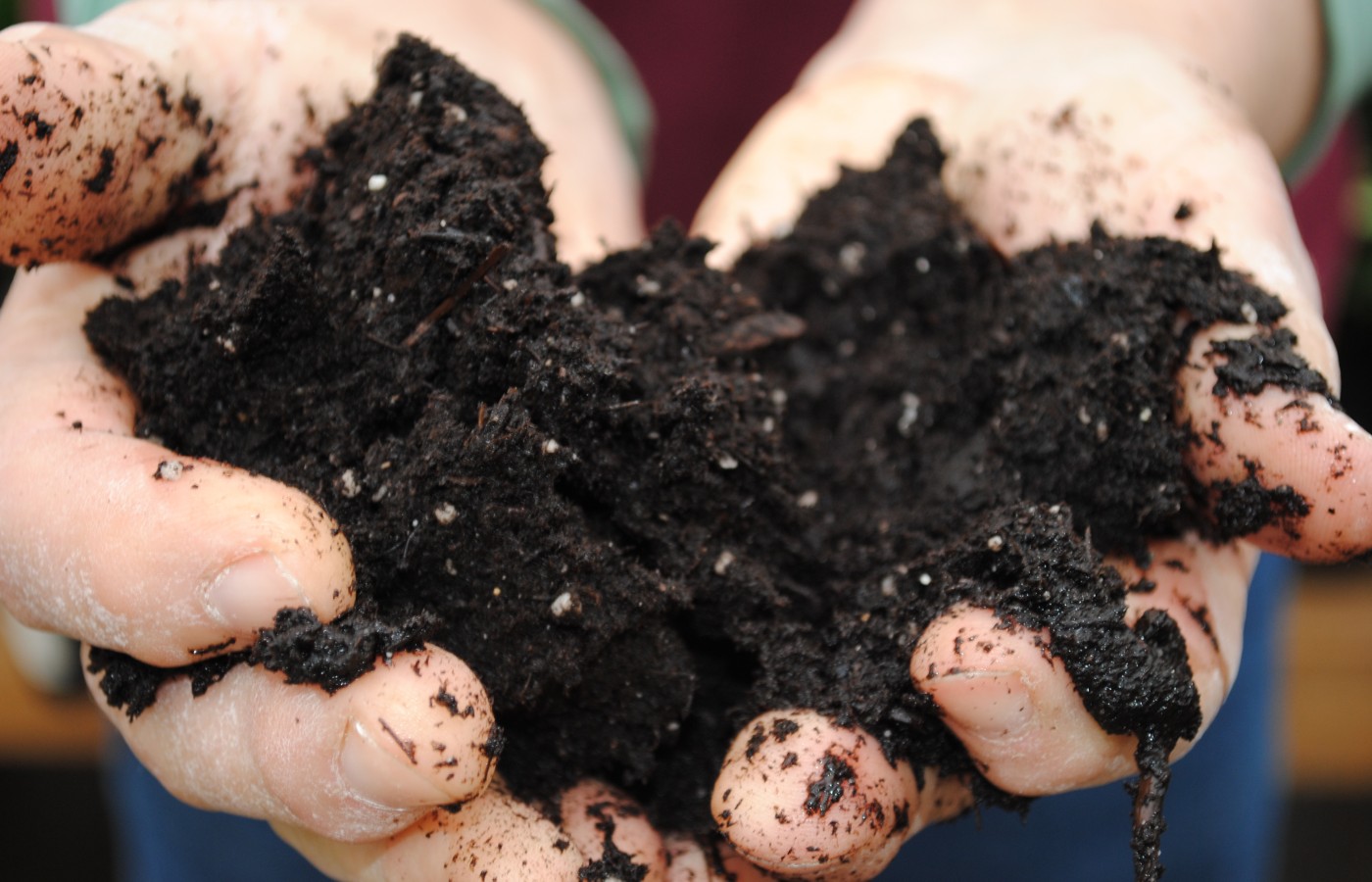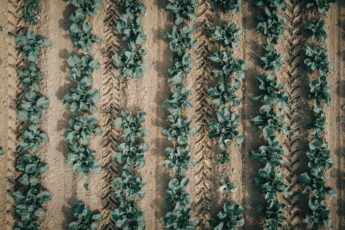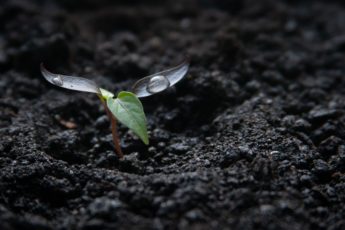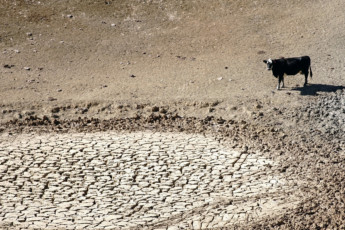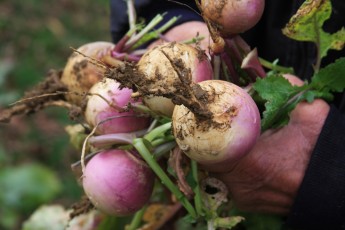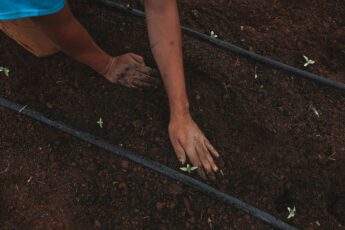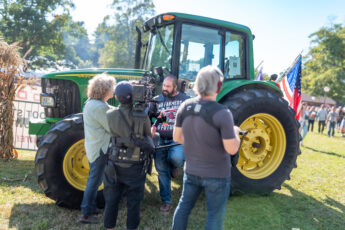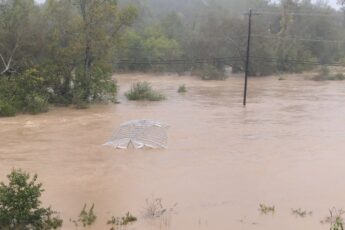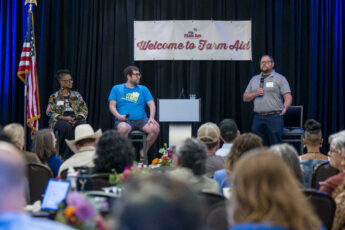Family farmers have an intimate relationship with the earth’s soil and water. They know firsthand that these resources, and the weather’s impact on them, are critical for their success as farmers, and for the survival of humankind.
For farmers, soil holds the nutrients that plants need to thrive, a structure to keep them rooted, and a rich ecology of worms, insects and microorganisms below the surface. For ranchers, soil supports forage that sustains their animals on pasture and crops used as animal feed. Without healthy soils, family farmers could not work on the land and all of us could not eat.
Good soil is hard to come by — the most common estimate is that it takes 500 years to build just one inch of topsoil naturally — meaning that for all intents and purposes, soil is a non-renewable resource that must be used wisely.
Meanwhile, over 90 percent of the water humans use each day is attributable to food production. For example, a pound of corn needs about 108 gallons of water, a pound of cheese takes about 600 gallons of water, and the production of a pound of beef requires a whopping 1,800 gallons of water. Farmers have a critical role in stewarding this precious resource carefully, and family farmers are leading the way in cutting down the amount of water we use to produce food. As climate change makes fresh water resources more scarce, farmers need to adapt.
Agriculture is responsible for 40% of greenhouse gas (GHG) emissions around the globe, which absorb and hold heat in the earth’s atmosphere and trigger climate change. The good news is that sustainable agriculture releases fewer GHGs than industrial agriculture and actually has the potential to sequester GHGs, or, as Neil Young puts it, “put the carbon back in the soil.”
By investing in the long-term health of our soil, water and climate, farmers give back to the land that supports their livelihood and way of life, and brings good food to all of us.
